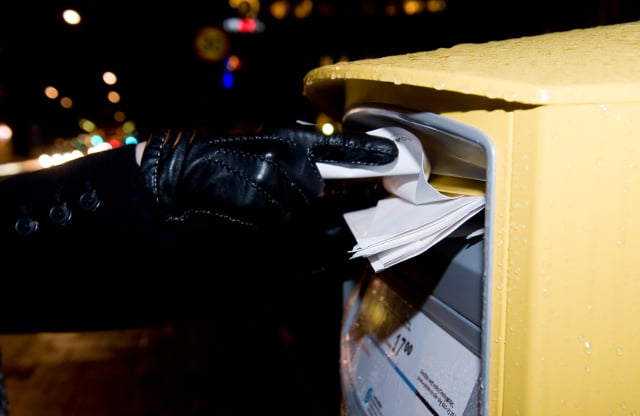The man, from western Sweden, is also suspected of the attempted murder of four individuals in the UK who received a mail bomb he allegedly sent to bitcoin selling company Cryptopay in London last year. His computer showed he had searched for information on how to build explosives.
He goes on trial at Stockholm District Court today accused of having sent letters containing verbal death threats and powder – which later turned out to be harmless – to 26 people, including 21 cabinet ministers.
Prime Minister Stefan Löfven, Defence Minister Peter Hultqvist, Social Affairs Minister Annika Strandhäll, Education Minister Gustav Fridolin and Justice and Interior Minister Morgan Johansson were among those who received the letters, sent to their home addresses, with the words “you will soon be dead”.
He was arrested at Stockholm's Arlanda Airport in May after arriving on a flight from Thailand.
“I argue that he intended to cause serious fear to those who received the letters. The crimes are aggravated because in each envelope there was a powder which appeared to be toxic and explosive,” prosecutor Eva Wintzell said in a statement earlier this month. “The threats to elected representatives are particularly serious because those are threats directed against democracy.”
Sweden is one of the world's most transparent nations, where tax information and home addresses can easily be accessed. Elected officials can often be seen out in public running errands and going about their daily lives, sometimes without security, although this is becoming less common for senior figures.
Sweden's former Foreign Minister Anna Lindh died in 2003 after she was stabbed in broad daylight at a Stockholm department store without a bodyguard present. And former Prime Minister Olof Palme was shot dead while walking home from a Stockholm cinema in 1986. His murder has not been solved.



 Please whitelist us to continue reading.
Please whitelist us to continue reading.
Member comments